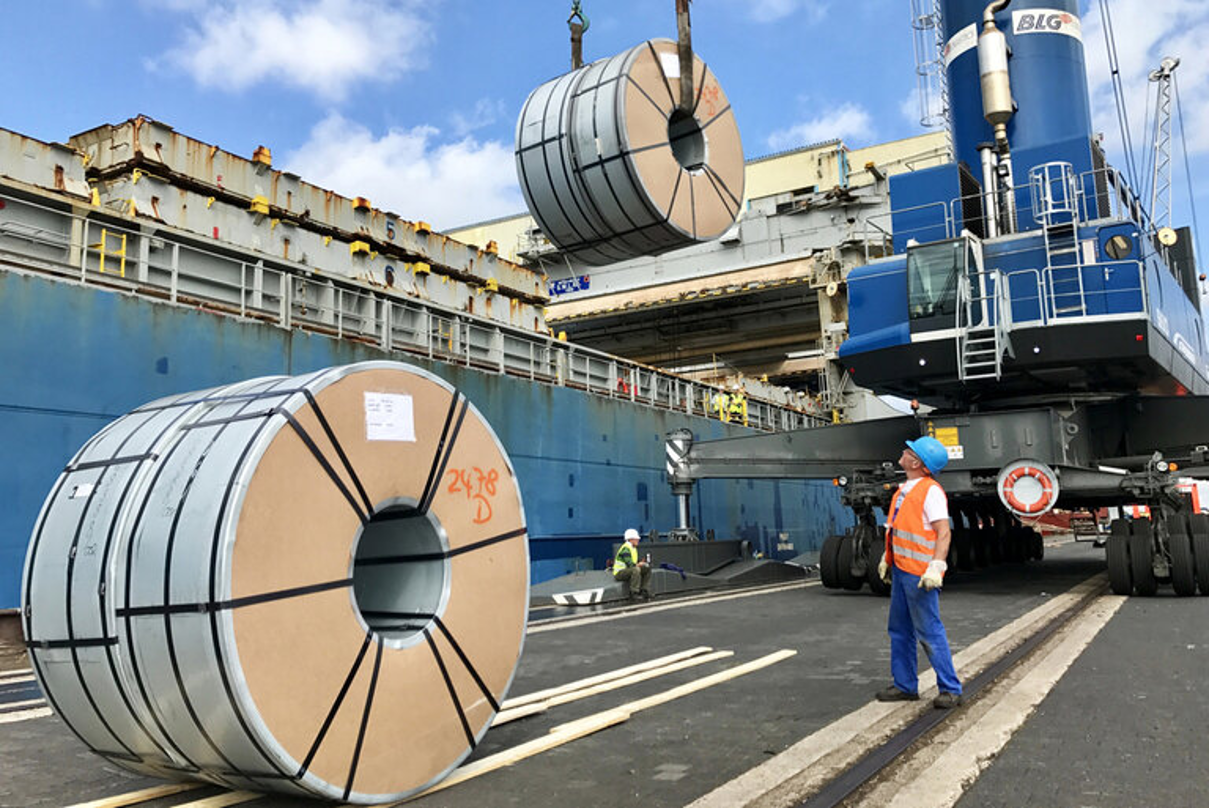Canada

March 28, 2018
Canada Strengthens Trade Measures on Dumping
Written by Sandy Williams
Recognizing the current sensitivity of trade relations with the Trump administration, Canada is taking extra precautions to ensure there is no circumvention of U.S. tariffs through the Canadian borders. The Canada Border Services Agency will be empowered to identify businesses that are attempting to dodge duties by shipping cheap steel to Canada. Agents will have more flexibility in determining whether prices in exporters’ domestic markets are reliable or distorted.
Beginning in mid-April, Canadian unions will be allowed to participate, including at the Canadian International Trade Tribunal, regarding whether foreign exports are hurting domestic producers.
In addition, the Canadian government will work more closely with its NAFTA partners to share information and improve enforcement action, as well as identify and find solutions to the common threat of transshipment, diversion and global overcapacity. New federal-province-territorial-stakeholder committees will meet to regularly monitor steel and aluminum trade to ensure imports do not hurt Canadian and North American jobs.
“Canada is a trading nation, and we will not allow North American industries to be hurt or threatened by unfair trade practices, like the diversion of steel and aluminum,” said Prime Minister Justin Trudeau.
“Our businesses and workers rely on our integrated industries, and we will take strong action to defend and protect our most important trade relationships. Canada will not be used as a backdoor into other North American markets. Our people have worked hard to be competitive in this global economy, and they deserve a level playing field.”
Prime Minister Justin Trudeau spoke with President Trump on Monday to emphasize the strong measures that will be implemented. The discussion follows the temporary exclusion of Canada from the Section 232 tariffs.
Canada’s Public Safety Minister Ralph Goodale stressed that the new measures will add strength to those already in practice. Canada currently has trade remedies against 17 different steel products and 23 countries.
“We want to protect our steel and aluminum industries and these measures are to ensure that there is no circumvention of Canadian border rules or regulations,” Goodale said on Tuesday.
Continued exemption from U.S. tariffs on steel and aluminum are contingent on a satisfactory conclusion of the NAFTA negotiations. Goodale said the increased precautions could help with securing a permanent exemption.
“We’ve been very clear that our rules are strong and we’re going to make sure that they are fully and properly enforced,” Goodale said. “We’re not going to give anyone any specious excuse for any kind of action against the Canadian steel or aluminum industry, because that action is totally, entirely and utterly unjustified.”
Countries around the globe have expressed concern that they will be the recipients of dumped steel diverted from the U.S. as a result of the tariffs.
“This past few days, we’ve looked at strengthening the measures we already have in place, because it’s important that we not be taking in dumped steel from around the world,” Trudeau said.
“This is something that I assured our steel workers and our aluminum workers of when I visited them a couple of weeks ago,” he said. “We’re going to continue to stand firm to protect our industry and the North American industry.”







